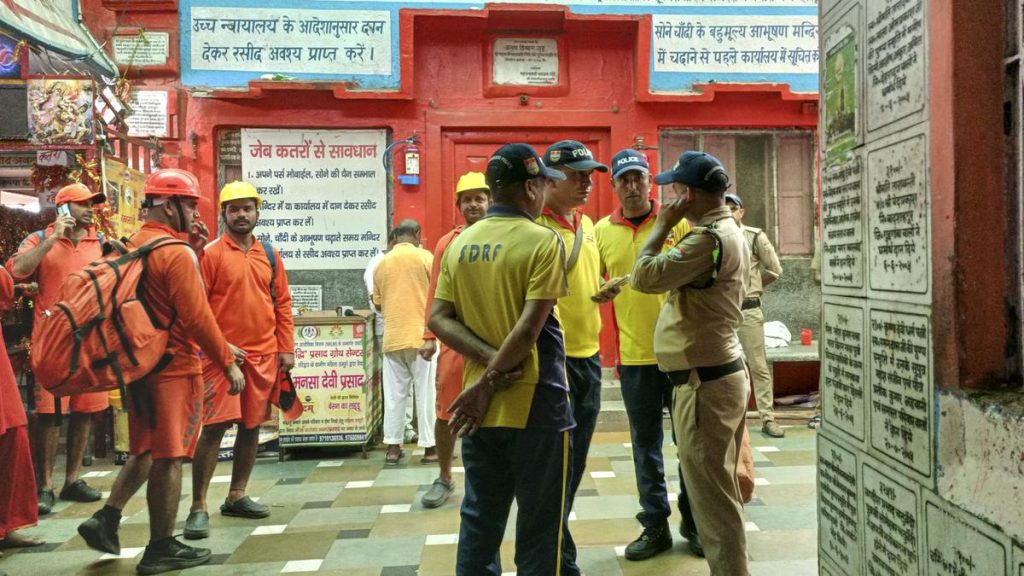Now Reading: 10 Unusual Food Safety Rules from History
-
01
10 Unusual Food Safety Rules from History
10 Unusual Food Safety Rules from History

Rapid summary:
- Victorian London banned penny-lick ice cream glasses in 1898 after cholera and typhoid outbreaks linked to shared and unhygienic glass utensils.
- Vienna mandated cotton gloves for food handlers in the 1840s to improve hygiene, reducing gastrointestinal complaints by 40%.
- Early 20th-century New York imposed private shucking rules for oyster bars during a cholera outbreak, altering operations but boosting safety.
- Late 19th-century Paris implemented disinfectant washes for cows pre-milking, cutting tuberculosis transmission via milk products by half.
- Redfield,NY prohibited wooden spoons reuse at public events in the early 1900s over microbial concerns; disposable tin spoons emerged temporarily as a trend.
- California installed UV “sun-lamps” in wine cellars after botulism scares in 1913, marking an early use of industrial ultraviolet sterilization methods.
- Britain’s WWI-era edible utensils were invented as grain substitutes but faltered due to fragility and flavor incompatibility wiht meals.
- Chicago stockyards introduced “sanity gates” in the mid-’30s to calm cattle before slaughtering, improving meat contamination rates significantly.
- France required skull-and-crossbones stamps on lead-glazed ceramics during WWII following widespread lead poisoning from homemade pottery.
- Japan pioneered tamper-proof home-canning jar seals in response to botulism outbreaks tied to fruit juices in the ’60s.
indian Opinion Analysis:
The past food safety reforms highlighted showcase how ingenuity responds effectively to public health challenges. While most examples originate overseas, India’s growing urbanization has placed similar pressures on its own food systems-particularly concerning consumer health standards within informal markets like street vendors or small-scale dairy operations.
These lessons emphasize that unregulated practices can amplify risks (e.g., shared cutlery or casual milk dispensing). Public education programs similar to Japanese home-canning modules could complement stricter enforcement of sanitation norms through accessible certifications like India’s “FSSAI Compliance” initiatives.
Innovations resembling sanitary gloves (USA) or UV treatments (California) might inspire adaptable solutions-especially relevant hear amid debates surrounding biodegradable waste products or mass scalability methods tied into government policy frameworks tackling air-quality preservation.
India’s tradition-rich cooking habitat arguably thrives long term only if it transitions smoothly toward ensuring systemic accountability without sidelining cultural legacies coexisting it’d benefit lasting-safe tighter process alignments !



























